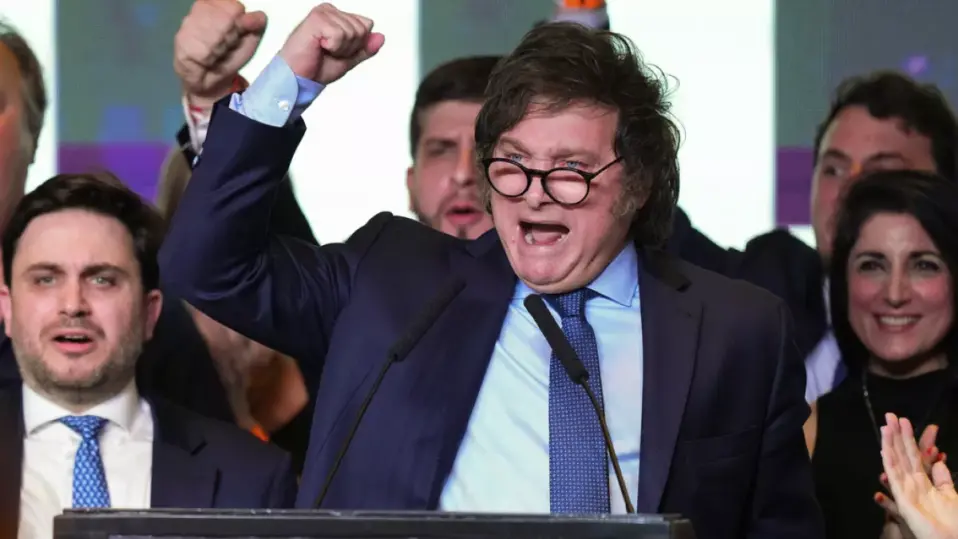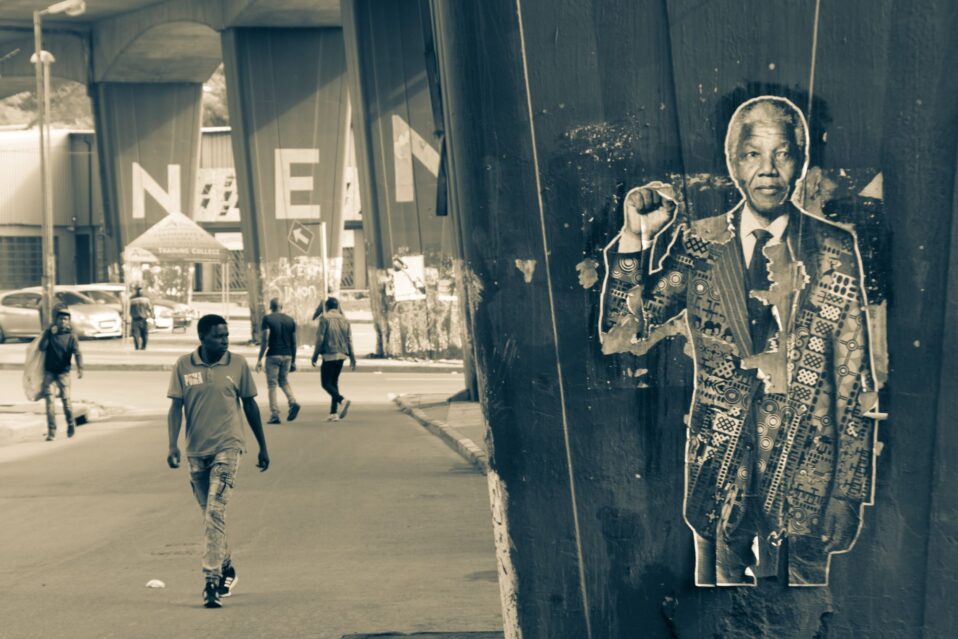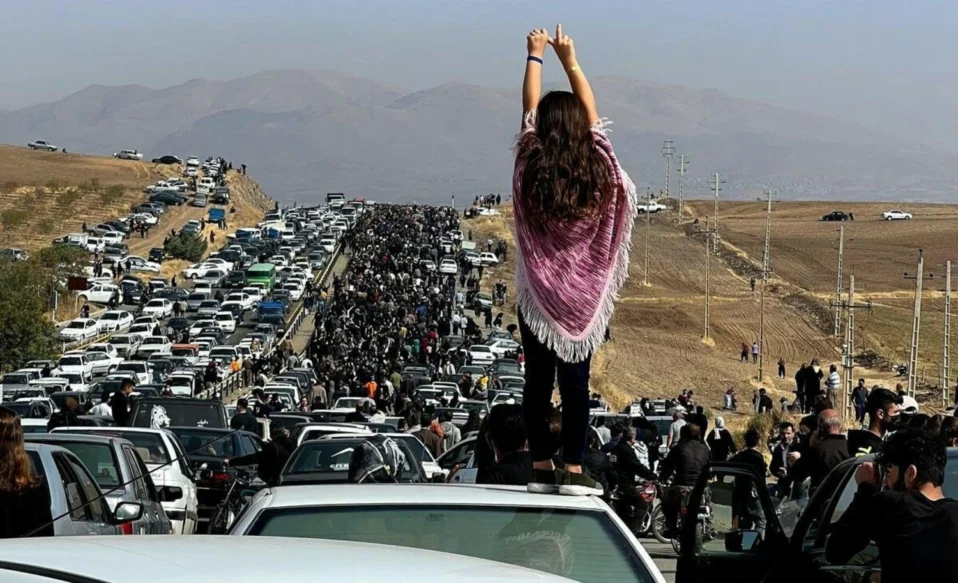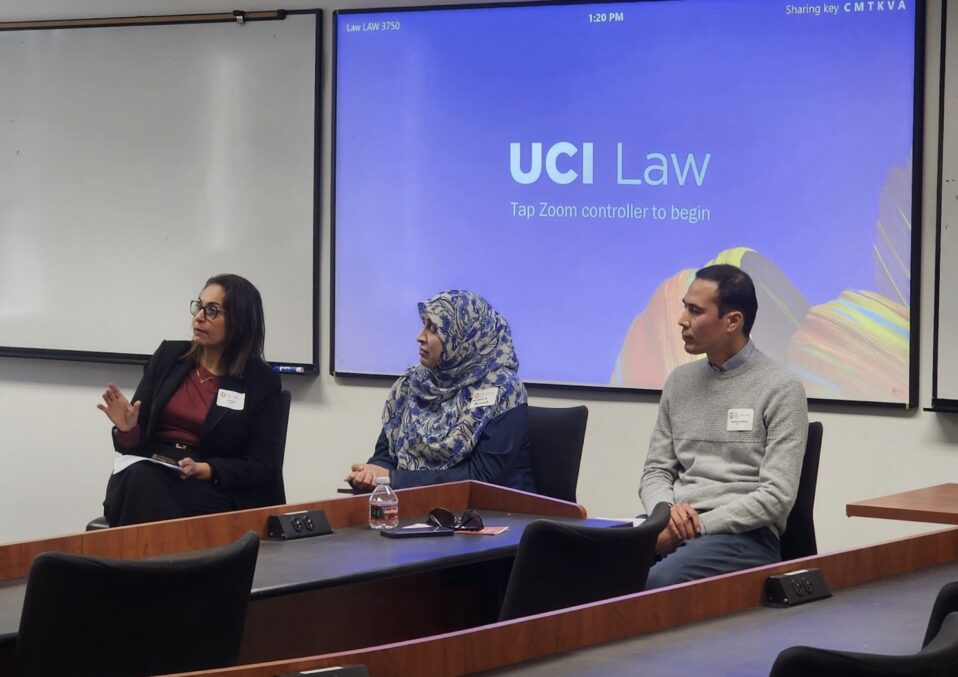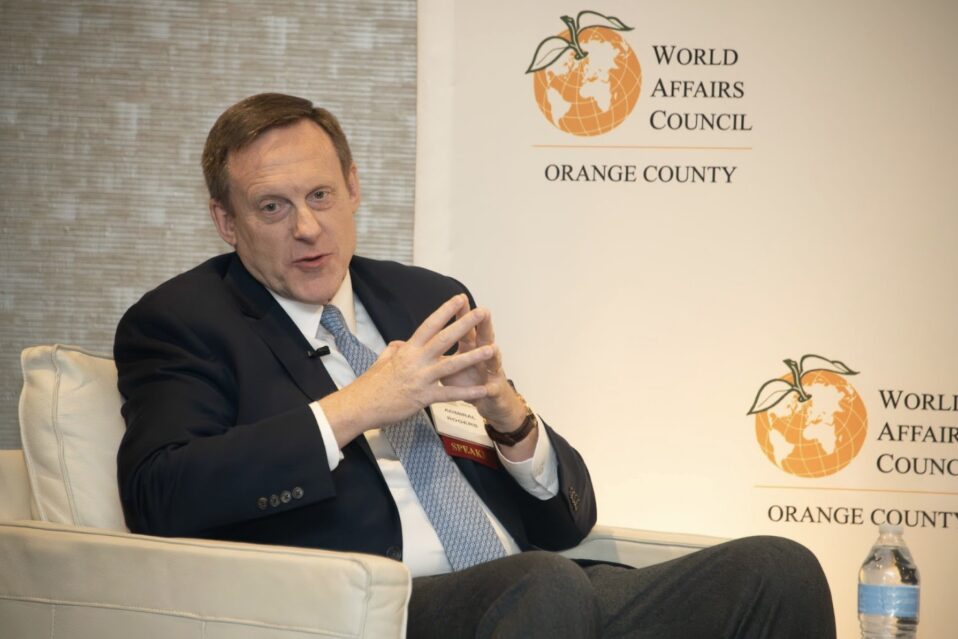One Man’s “Chainsaw Plan”
On Nov. 19, 2023, Libertarian Party presidential candidate Javier Milei defeated Union For The Homeland candidate Sergio Massa in a runoff election for the Argentine presidency with 55.7% of votes, the highest for any candidate in the country’s history. The far-right self-proclaimed “anarcho-capitalist” led a campaign based on state reformation to address Argentina’s economic challenges, specifically its high inflation and debt. His “Chainsaw Plan” consisted of cutting public spending, halving the government’s ministries from 18 to nine, eliminating the central bank and selling state owned companies. Milei’s plans will demand pragmatic approaches. His party, La Libertad Avanza, has a minority in the senate with only seven of 72 positions and 38 of 157 deputies, forcing him to seek multi-party support. Since his inauguration, he has dropped some of his more drastic campaign messages, such as eliminating the central bank and switching from the peso to the United States dollar. Milei’s impact as Argentina’s president on the future of the country has yet to be determined.
Economic Shock
Milei’s presidency comes at a time when Argentina is facing a severe economic crisis with inflation of 161%, a drought that is shrinking its agriculturally dependent economy, a heavily devalued currency, as well as $45 billion owed to the International Monetary Fund (IMF). Milei’s austerity measures are anticipated to be helpful for Argentina’s economy in the long term, but are met with anxiety due to the short term shocks it will cause. Economic Minister of the Argentine Republic Luis Caputo announced on Dec. 12, 2023, that the government would be cutting subsidies for transportation and fuel, and the Argentine Peso would be devalued by over 50% from 391 pesos to a dollar, to 800 pesos. For Argentinians, this devaluation will increase the cost of living as imported goods will become more expensive due to the decreased purchasing power of the peso. However, this could benefit Argentina’s exports by making them more competitive in the global market and consequently stimulating its economy. This change was met with approval by the IMF for helping economic stability and laying a foundation for more private-sector driven growth.
International Implications
Prior to his presidency, Milei took hard stances on Argentina’s foreign policy. He promised to leave the Mercosur, a free trade area consisting of Argentina, Bolivia, Brazil, Paraguay, and Uruguay. His administration’s foreign minister, Diana Mondino, however, has since reaffirmed the administration’s desire for Mercosur’s growth and the administration has contributed to negotiation attempts for a free trade agreement between Mercosur and the European Union.
For the U.S. and China, Milei’s presidency may indicate stronger U.S.-Argentine relations and more distant relations with China. While campaigning, Milei vocalized his alignment with the United States and Israel. For his first trip after the election, Milei met with U.S. National Security Adviser Jake Sullivan and highlighted his support for values of freedom. Milei’s sentiment of not wanting to “deal with communists,” throughout his campaign has insinuated a desire for reduced relations with China. On Dec. 19, China halted a $6.5 billion extension of the existing currency swap with Argentina’s previous president, Alberto Fernández. Argentina has benefitted from Chinese energy investment and consumption of Argentinian soybean and lithium exports. Additionally, despite receiving a letter from China’s President, Xi Jinping, Milei has halted plans for Argentina to join BRICS– an intergovernmental organization consisting of Brazil, Russia, India, China, South Africa, Egypt, Ethiopia, Iran, and the United Arab Emirates. These actions could indicate more distant Chinese-Argentine relations in the future.
Written by Research & Development Intern, Eli Sepulveda
Photo credit: Rory Elliott Armstrong & Katy Dartford with Associated Press

